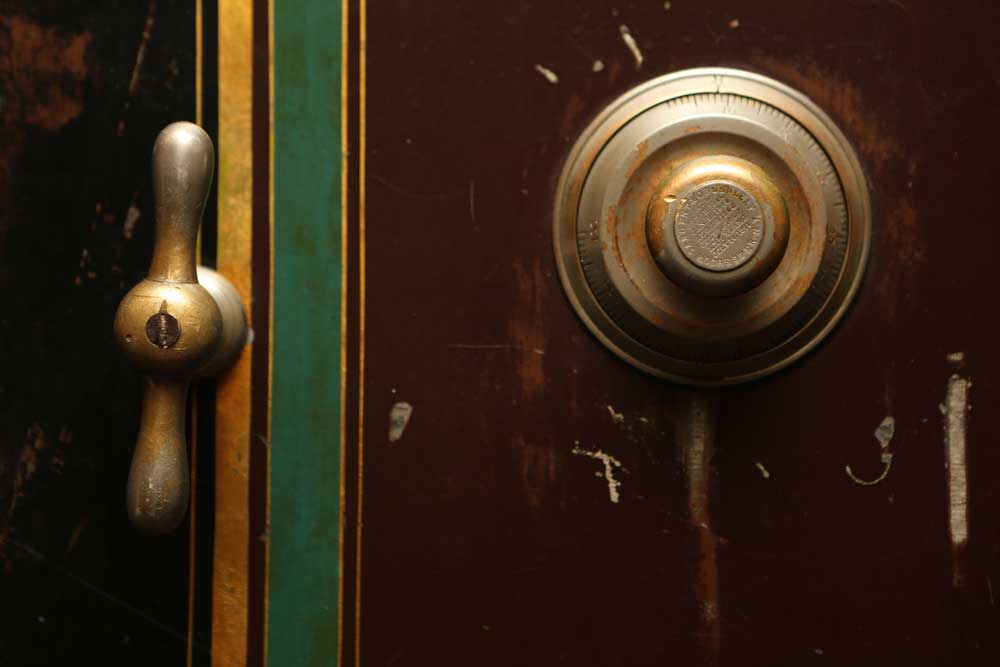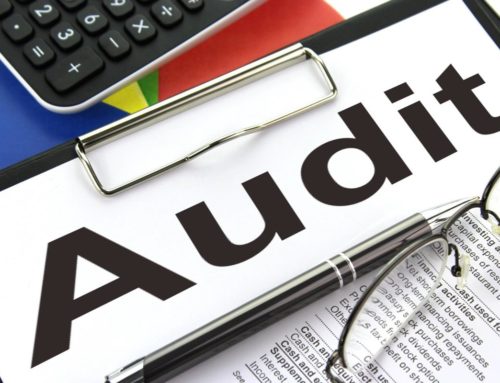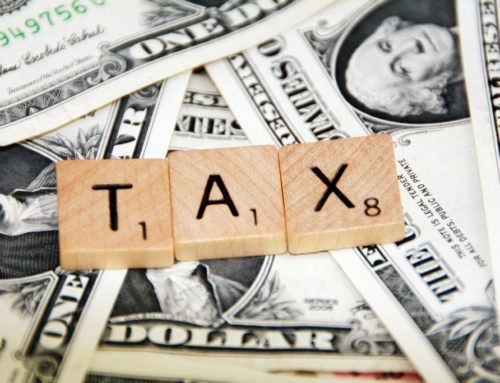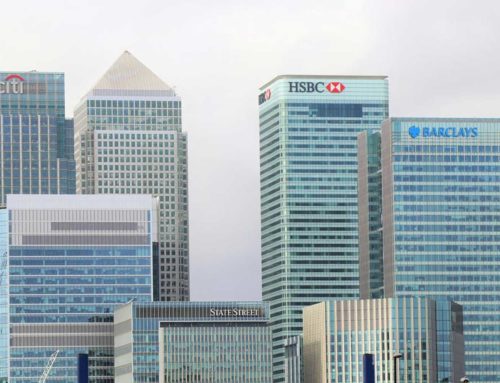Though you may have thought bank safe deposit boxes no longer existed, these secure containers are still around, and can be useful for storing difficult to replace items, such as deeds, contracts, and your home inventory. Should you have one? Here’s what to consider.
Peace of mind. Knowing that key original documents are in a secure offsite location can be worth the nominal fee of box rental. As an added benefit, the fees associated with renting a safe deposit box at a bank qualify as an itemized deduction if the items stored in the box generate taxable income, such as bonds and stocks. If you only store jewelry or personal items, you generally can’t deduct the fee for taxes. However, since box leases typically range from $15-75 per year, being unable able to claim a deduction may not affect your decision.
What to store. Birth certificates, vehicle titles, property deeds, and divorce papers are good candidates for safe deposit box storage. Other items typically stored in safe deposit boxes include family heirlooms, digital images, computer backups, and jewelry.
Limited access. You will only have access to the contents of your box during bank hours. Anything you might need to retrieve quickly, such as your passport or a power of attorney, is best stored elsewhere. In addition, after your death, your heirs may not be able to get into your box immediately without court approval.
Physical damage. Although boxes are safe, bank vaults are no more immune to fire, flood, or natural disasters than your own home. Theft is also a consideration.
Insurance. Items stored in your safe deposit box are generally not insured for loss or damage, though you can purchase your own insurance. That’s true even if you store cash in the box. The federal deposit insurance that protects your bank accounts does not extend to the contents of safe deposit boxes.
Contact us for more information.






